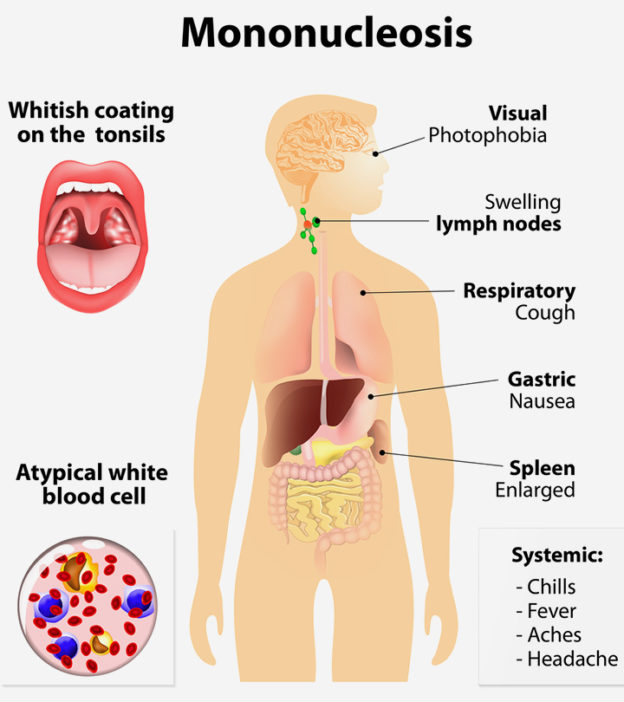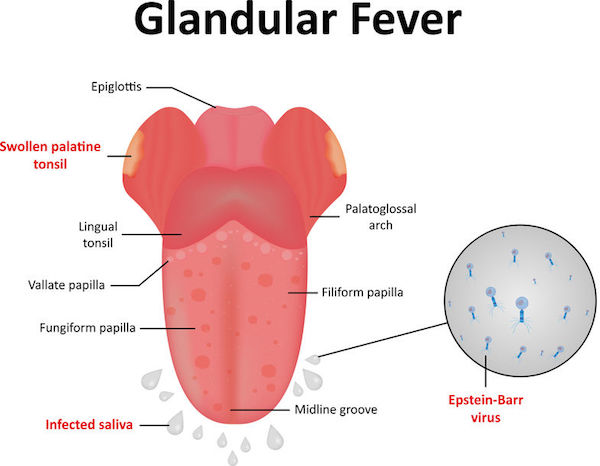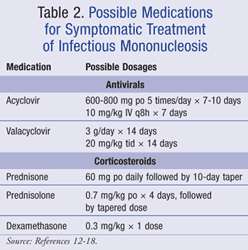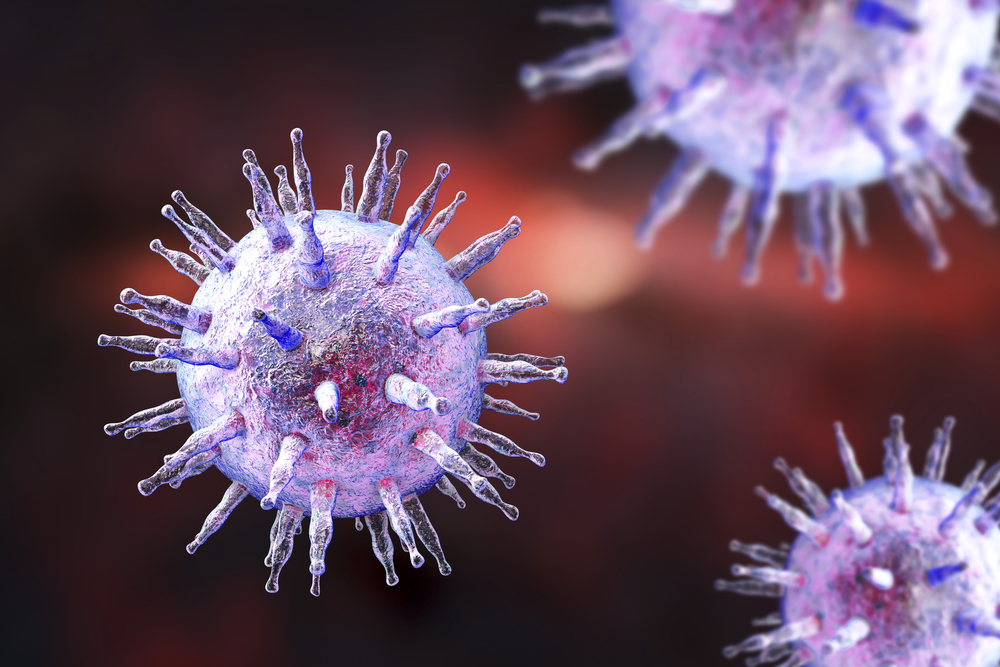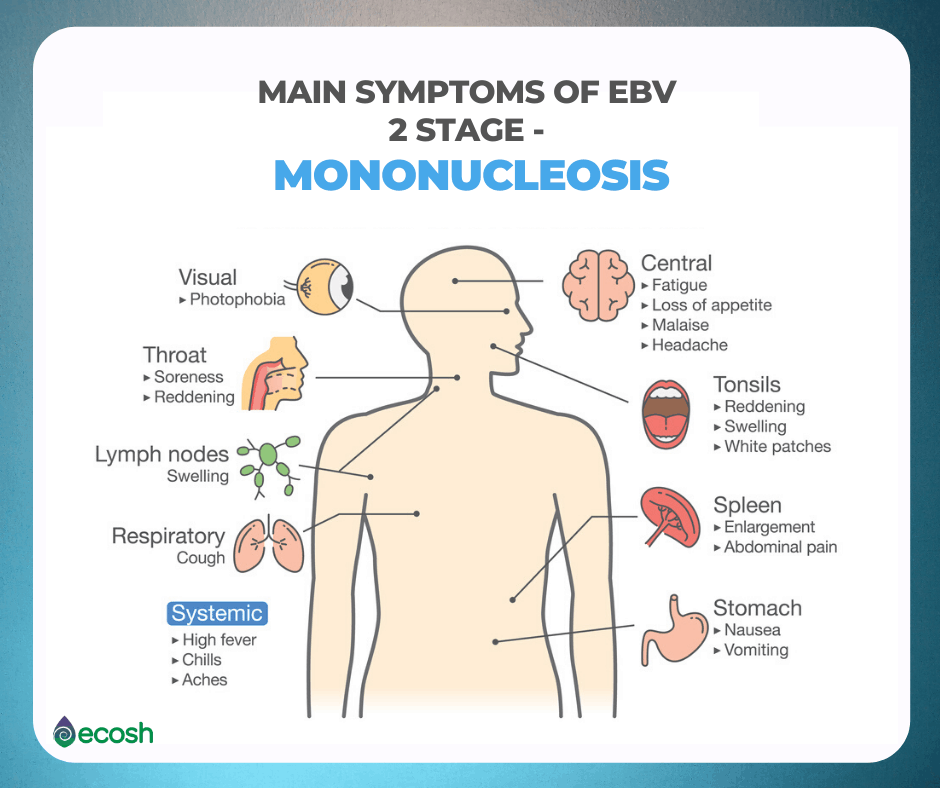Unique Tips About How To Prevent Glandular Fever
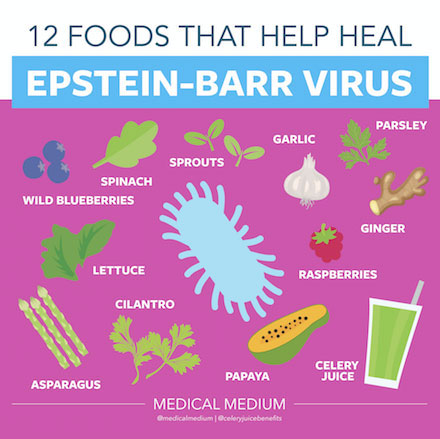
Prevent the infection if you are suffering from glandular fever, you should try to prevent spreading the disease by avoiding close contact with others who may not have had the.
How to prevent glandular fever. Drink plenty of fluids (to avoid dehydration) take painkillers like paracetamol or ibuprofen (do not give aspirin to children under 16) Stay away from people who are blowing their. Drink plenty of fluids (to avoid dehydration) take painkillers like paracetamolor ibuprofen(do not give aspirin to children under 16) don’t.
Prevention of glandular fever exclusion from childcare, preschool, school and work is not necessary. For the first month, avoid heavy lifting and sports or activities that might increase your risk of falling, as this may damage your spleen. There is no treatment for glandular fever, and typically it gets better by itself.
Resting and getting enough sleep, drinking lots of fluids and taking painkillers like paracetamol. Cold sponging to reduce fever. It is also best not to share cups, towels, etc, whilst you are ill.
Use over the counter medications such as paracetamol or ibuprofen, as directed on the packet, for. If you develop glandular fever, avoid kissing and sharing eating and drinking utensils after your symptoms begin. Prevention of glandular fever if your child has glandular fever, encourage them not to share drinking containers or toothbrushes with other people.
Most patients with glandular fever recover uneventfully. Glandular fever can cause your spleen to swell. Up to 24% cash back take care to wash your hands, to get rid of any germs, especially when you know someone has just had glandular fever.
There is no cure for glandular fever, but there are a number of simple treatments and measures that can help reduce the symptoms while you wait for your body to control the. Manage fever protect liver restore energy levels (after acute phase) support stress response diet plan guidelines for glandular fever support immune system: Exposure to coughs and sneezes sharing eating and drinking utensils, such as cups, glasses and unwashed forks and spoons you are infectious for up to 7 weeks before you get symptoms.
:max_bytes(150000):strip_icc()/how-is-mono-treated-1191950_final-9f19b328cfda45759448e99b9647684d.jpg)

/mononucleosis-causes-50-5ae7754a0e23d90039f2cdbd.png)
/Prevent-mono-5186197_final-310b4ee603a443f3b9652b8d6ea486d3.jpg)
/mono-home-remedies-5184826_color_text_v1-3b2d66fabe094556af93c4b583b8dd3f.jpg)
:max_bytes(150000):strip_icc()/mono-causes-risk-factors-1191951_final-7acd70b8fa8045adace4500a9f69ae86.jpg)


